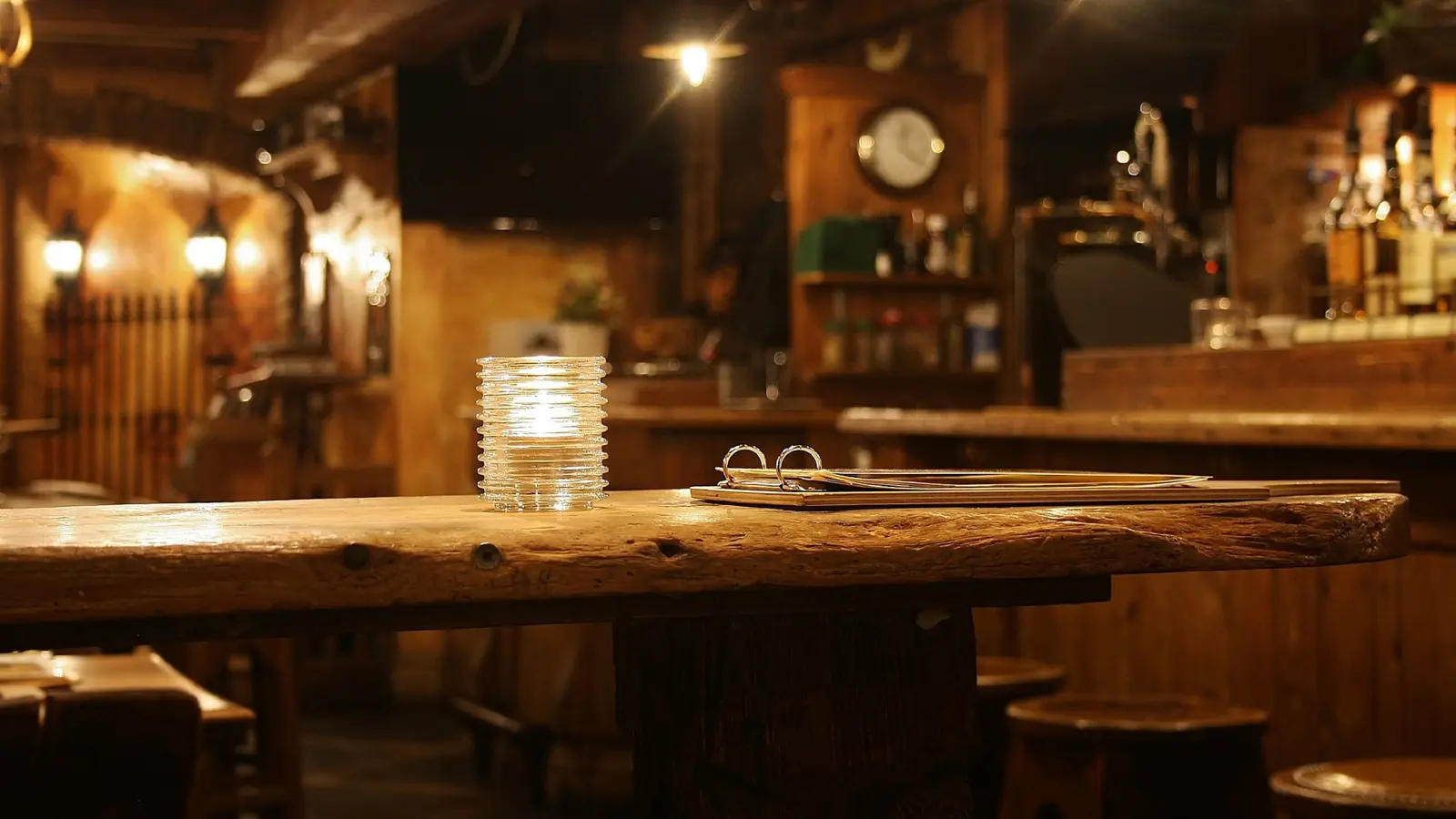Global briefs: Micro churches, red chairs, gluten-free food ... and toilets
- Nov 27, 2025
- 3 min read

Pubs, food and hiking in Sweden
The Salvation Army in the Swedish city of Helsingborg is a network of various fresh expressions of church referred to as micro churches, missional communities or good news initiatives, with the aim to bless different people, places and needs.
These missional communities are simple in form, built on the foundations of worship, fellowship and mission. Once a month, all the groups from around the city meet for a shared service.
The Salvation Army in Helsingborg supports and trains people and the church to start micro churches that serve their context. Examples of micro churches include:
Pub Group - A bi-weekly gathering for people interested in exploring life and faith together. This group meets in a local pub in Helsingborg.
The Food Company - A micro church with a mission to serve those in the city who experience food poverty.
MOSAIC - A missional community that is open to everyone. Its aim is to be an inter-cultural community that reaches Söder, a highly diverse part of Helsingborg that has socio-economic challenges.
Soul Hiking - This micro church explores discipleship and contemplative worship in the original cathedral of creation.
Red Chair Project UKI
Across the United Kingdom and Ireland, The Salvation Army is taking part in the Red Chair Project as part of its participation in the United Nations’ 16 Days of Activism Against Gender-Based Violence.
The project, mobilised by domestic abuse charity Restored, involves highlighting an empty chair by draping it in red fabric. This represents the many women who’ve been killed through gender-based violence – women who would otherwise still be with us today.
“By reserving an empty chair in a public space, draped in red fabric with a message containing facts about domestic violence, the red chair becomes a poignant symbol of the lives lost to gender-based violence,” says Major Ann Montgomery, Territorial Mission Officer for the United Kingdom Territory. “The statistics are sobering: globally, every 11 minutes a woman or girl dies at the hands of an intimate partner or family member.
“We’ll be setting up red chairs at our headquarters, churches, cafes, charity shops and community centres.”
World Toilet Day
Last week, 19 November, World Toilet Day was observed around the globe.
Billions of people around the world as still denied a basic human right: safe sanitation. The Salvation Army continues to turn the spotlight on this silent crisis.
From emergency response to long-term development, from classrooms to hospitals, Salvation Army teams work to ensure that every person, regardless of where they live, has access to safe, dignified and sustainable sanitation.
In crisis zones, toilets save lives by preventing disease outbreaks. In development settings, they protect water sources, empower communities and uphold dignity.
The Salvation Army encourages Salvationists and friends to help break the silence around sanitation and speed up progress towards Sustainable Development Goal 6: Clean Water and Sanitation for All.
Annual slavery and trafficking conference
The Salvation Army’s annual conference on Modern Slavery and Countering Human Trafficking took place last week in Madrid, Spain.
Representatives from 24 countries met to talk about problems of modern slavery and human trafficking, to share their experiences and to motivate each other to fight this global crime.
Gluten-free food share
The Salvation Army’s Encounter Church in Nova Scotia, Canada, recently launched an innovative program that ensures people with dietary restrictions can access food support without worrying about health implications.
The Gluten-Free Food Share is a pilot project that helps guests facing food insecurity who also live with celiac disease or gluten intolerance. Major Brent Haas, lead pastor at Encounter Church, says the idea originated from conversations with community partners.
“We were hearing some people couldn’t have certain foods because of their dietary restrictions. From the donations we received, we had little to no gluten-free items,” Major Haas says.
With support from Food Banks Canada, the initiative operates twice a month and is organised like a small grocery store. Guests can select a time slot and then pick the items they need.
For those with dietary restrictions and struggling financially, previous visits to food banks could be frustrating due to the lack of suitable items. The new food share is proving to be life-changing for some of these guests.
It is hoped that the successful pilot program can continue into the future.
























